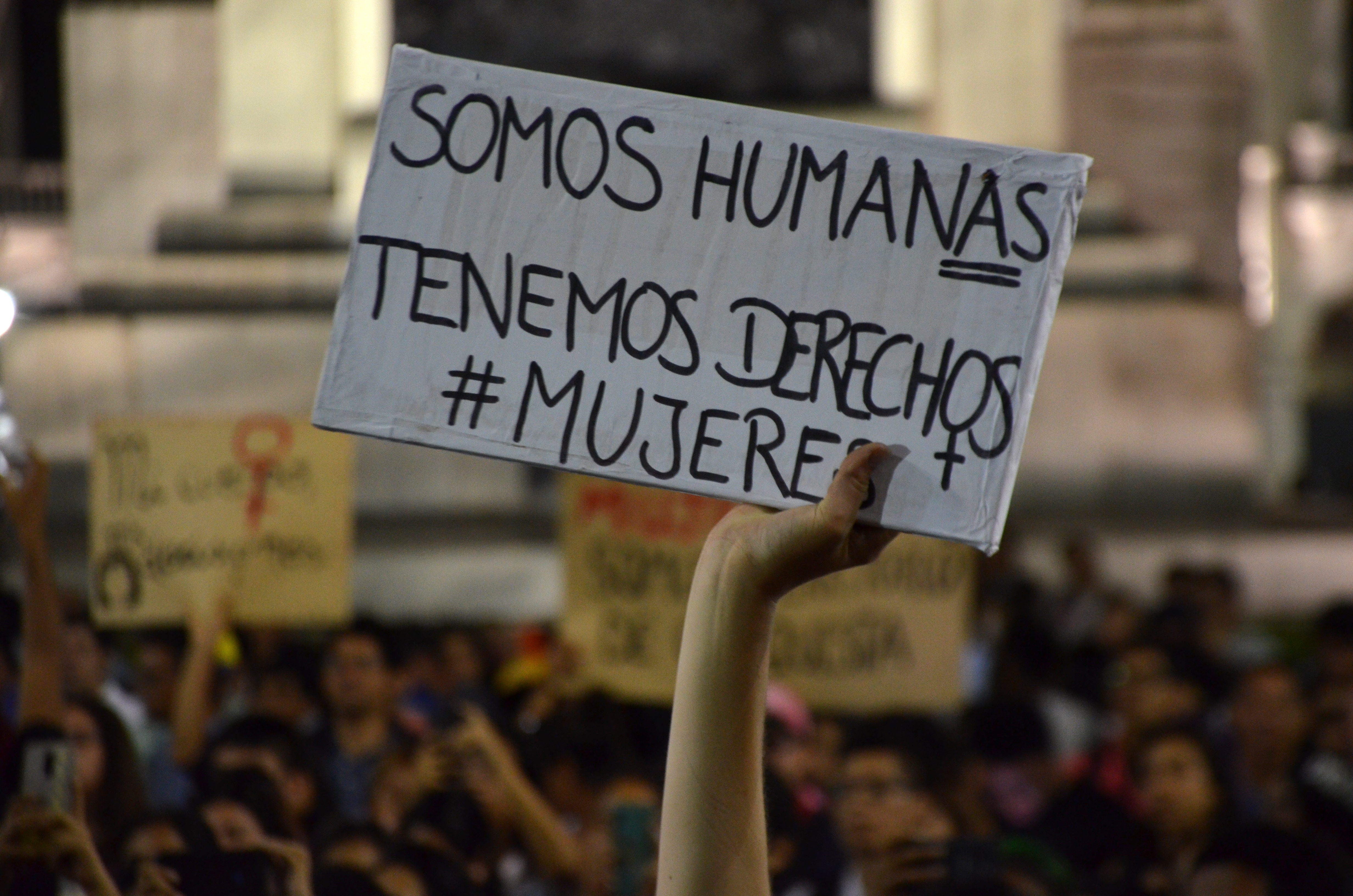Latin American women confront democratic backsliding
March 06, 2024 • By Marcela Rios Tobar

Image credit: Flickr
Leer en español
The commemoration of 2024 International Women's Day will be a contentious moment in many Latin American and Caribbean countries. Despite decades of significant advances, and in no doubt, also blockades and challenges for gender equality and women's empowerment in the region, today, there is greater danger for backsliding and backlash.
The general deterioration of democracy has a specific gender dimension; the growth of authoritarianism and populism is being fueled not only by nationalist, illiberal ideologies, but also by misogyny and conservative views on gender roles and the place of women and girls in society. Today, for many male leaders and their supporters, women's movements, feminism and the inroads made on women's political representation constitute negative transformations that must be contained and reversed.
But what exactly are they seeking to dismantle? How real has the advancement towards gender equality in politics and democracy being in the region?
Any objective assessment shows that accomplishments are significant, even if heterogeneous across and within countries. Latin America has been indeed at the forefront promoting innovative transformations to secure women's political participation and representation. The call for a “democracia paritaria” (a gender-parity democracy) has been advanced by women's organizations, academics, politicians, pushing the boundaries of theoretical, constitutional and legal debates on the meaning and scope of democracy. According to the Interparliamentary Union, the Americas, including Latin America, North America and the Caribbean, is the region with both the highest proportion of women legislators (35.1% in the region versus 26.9% in the world), and of women who have served as speakers in legislative bodies (33,96% in the Americas versus a 23.88% world average), surpassing all other regions, including Europe. This has been in part the product of early and consistent women´s mobilization to demand equal representation, the adoption of gender electoral quotas and gender parity in legislation and constitutions. International IDEA's database on quotas reports that a total of 17 countries have legislative quotas, while two have adopted reserved seats (Haiti and Guyana).
Women have also had prominent leadership positions in the region as heads of State; out of the 26 countries in the world that have been led by a woman, 11 are in the Latin American region: Argentina, Bolivia, Brazil, Chile, Costa Rica, Ecuador, Haiti, Honduras, Nicaragua, Panama and Perú.
More:
https://www.idea.int/news/latin-american-women-confronting-democratic-backsliding
